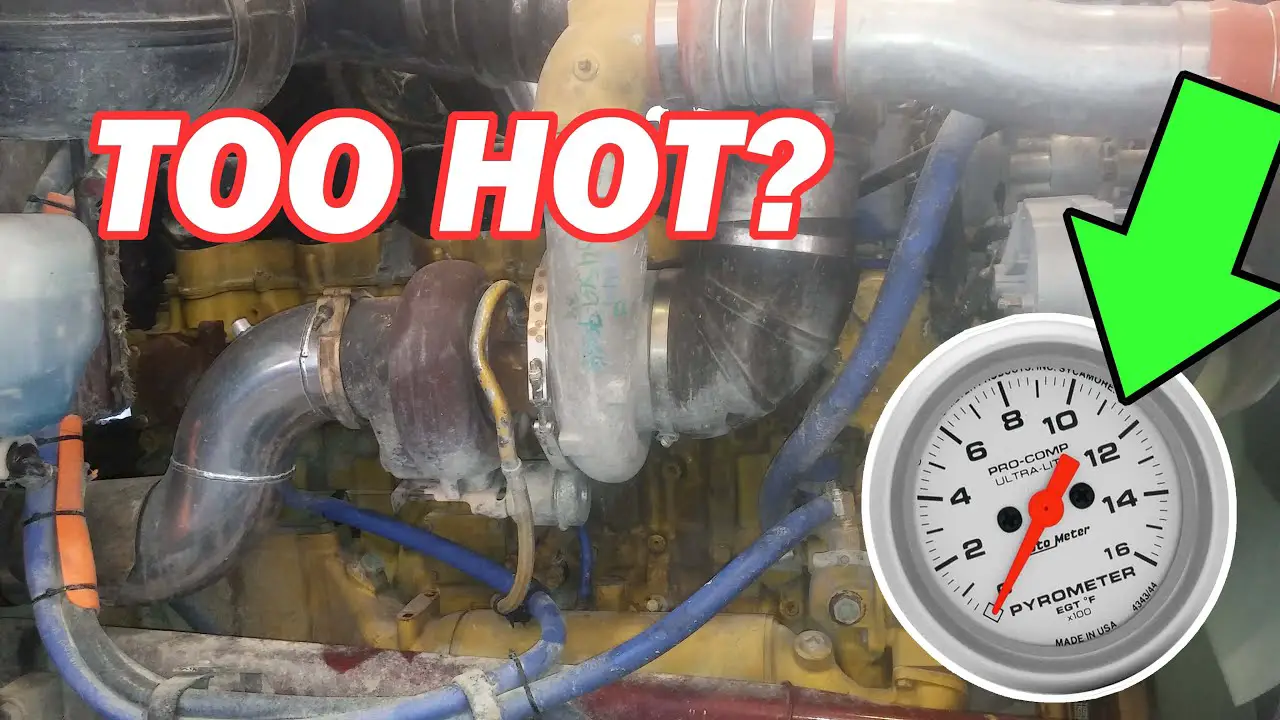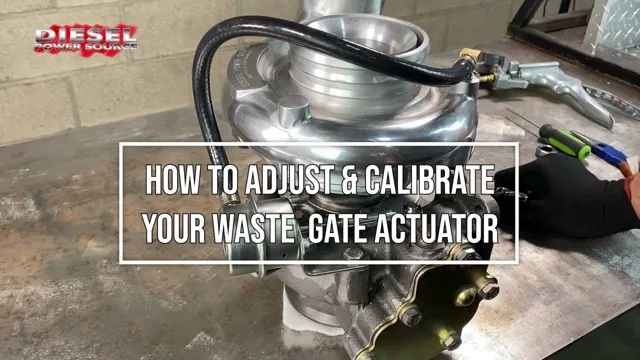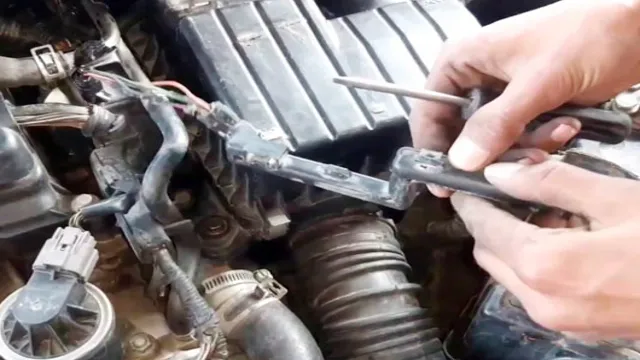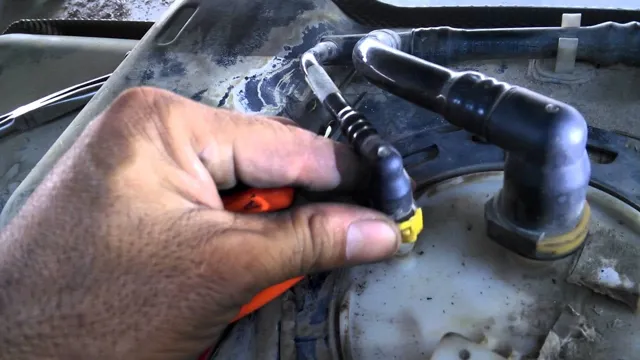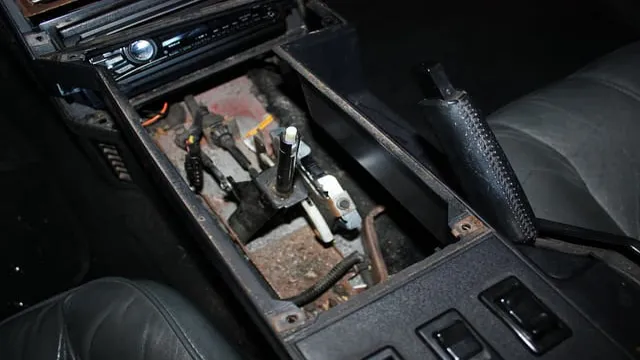How to Fix High Exhaust Temperature
Experiencing high exhaust temperature in your vehicle can be concerning. It can indicate potential issues with your engine or exhaust system. Ignoring high exhaust temperatures can lead to damage and expensive repairs. To ensure the longevity of your vehicle, it’s important to address and fix high exhaust temperatures promptly. This article will discuss the potential causes of high exhaust temperature and how to fix them.
Potential Causes of High Exhaust Temperature
Before delving into the solutions, it’s crucial to understand the potential causes of high exhaust temperature. Identifying the root cause will help in effectively addressing the issue. Here are some common culprits:
1. Clogged Catalytic Converter
A clogged or failing catalytic converter can lead to increased exhaust temperature. The catalytic converter plays a crucial role in reducing emissions, and if it becomes clogged, it can restrict the flow of exhaust gases, causing temperatures to rise.
2. Fuel Mixture Issues
An imbalanced air-fuel mixture can result in high exhaust temperature. If the engine is running too lean (excess air, less fuel) or too rich (excess fuel, less air), it can impact the combustion process and lead to elevated exhaust temperatures.
3. Ignition Timing Problems
Incorrect ignition timing can cause the fuel to not burn efficiently, leading to higher-than-normal exhaust temperatures. Ignition timing issues can stem from a faulty ignition system or a malfunctioning timing belt.
4. Exhaust Leaks
Leaks in the exhaust system, such as cracked or damaged pipes, can contribute to increased exhaust temperature. The leaks can disrupt the proper flow of exhaust gases, leading to elevated temperatures at various points in the system.
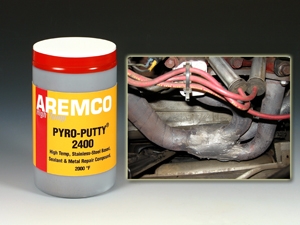
Credit: www.aremco.com
Fixing High Exhaust Temperature
Now that we’ve outlined the potential causes, let’s explore the solutions to address high exhaust temperatures:
1. Check And Replace The Catalytic Converter
If a clogged catalytic converter is suspected, it’s essential to have it inspected and replaced if necessary. A professional mechanic can diagnose the issue and replace the catalytic converter to restore proper exhaust flow and reduce temperatures.
2. Address Fuel Mixture Imbalance
For fuel mixture issues, the engine’s air-fuel ratio needs to be carefully adjusted. This may involve cleaning or replacing clogged fuel injectors, repairing vacuum leaks, or addressing issues with the engine’s sensors. A professional diagnostic assessment is crucial to pinpoint the exact cause of the imbalance.
3. Adjust Ignition Timing
Correcting ignition timing problems involves ensuring that the ignition system is functioning optimally and that the timing is set to the manufacturer’s specifications. This may require the expertise of a mechanic with access to specialized timing tools.
4. Repair Exhaust Leaks
Identifying and repairing exhaust leaks is essential in reducing exhaust temperature. This can involve welding damaged pipes, replacing gaskets, or addressing any other points of leakage in the exhaust system.
Regular Maintenance to Prevent High Exhaust Temperature
Preventative maintenance is key to avoiding high exhaust temperatures. Regularly scheduled maintenance, including oil changes, air filter replacements, and engine tune-ups, can help keep the engine and exhaust system in optimal condition. Additionally, addressing any warning lights or unusual symptoms promptly can help prevent issues from escalating and leading to high exhaust temperatures.
By understanding the causes of high exhaust temperature and taking proactive measures to address them, you can safeguard your vehicle from potential damage and ensure efficient and safe operation. If you’re unable to diagnose or fix high exhaust temperatures on your own, seeking the expertise of a qualified mechanic is highly recommended.
Frequently Asked Questions For How To Fix High Exhaust Temperature
What Are The Common Causes Of High Exhaust Temperature?
The common causes of high exhaust temperature include a clogged catalytic converter, a malfunctioning oxygen sensor, or a fuel system issue.
How Can I Diagnose High Exhaust Temperature Issues?
You can diagnose high exhaust temperature issues by observing for signs such as decreased fuel efficiency, excessive smoke, or a burning smell.
Why Is It Important To Fix High Exhaust Temperature?
Fixing high exhaust temperature is important as it can prevent engine damage, improve fuel efficiency, and reduce harmful emissions.
Can I Fix High Exhaust Temperature On My Own?
You may be able to fix high exhaust temperature on your own by checking for and resolving common issues such as a clogged air filter or faulty spark plugs.

